Playgrounds are very important and provide safe environments for children to be themselves and express their joy-loving nature while acquiring important cognitive, physical, social and emotional abilities. In this piece, we'll look at why more and more child development specialists are pushing for more playgrounds and why parks and playgrounds are becoming increasingly important.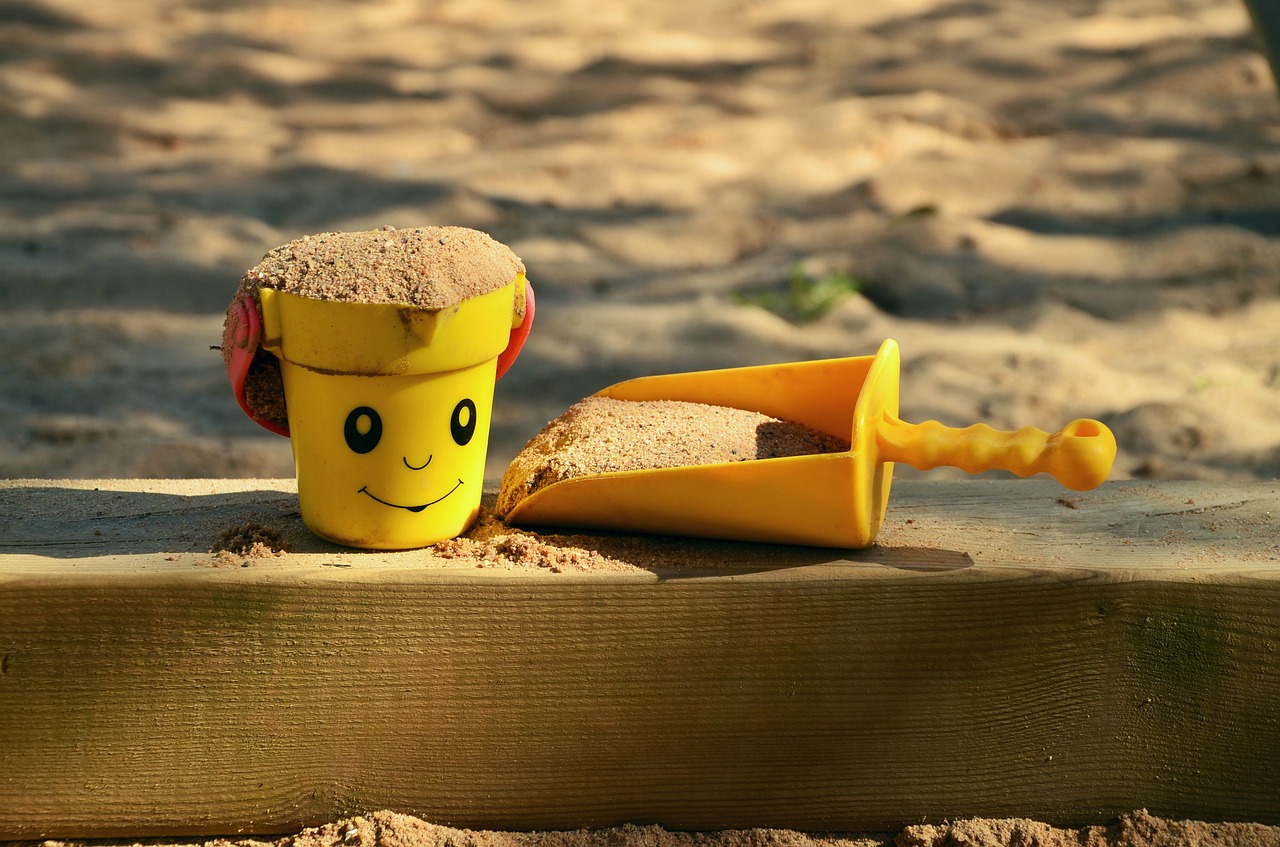
Key Benefits of Playgrounds for Children
Playgrounds provide a secure environment for children to learn important physical, social, emotional, and imaginative skills that can help them acquire self-confidence, enhance coordination, and develop critical thinking skills. We'll look at how playing on the playground improves a child's development in depth in this post.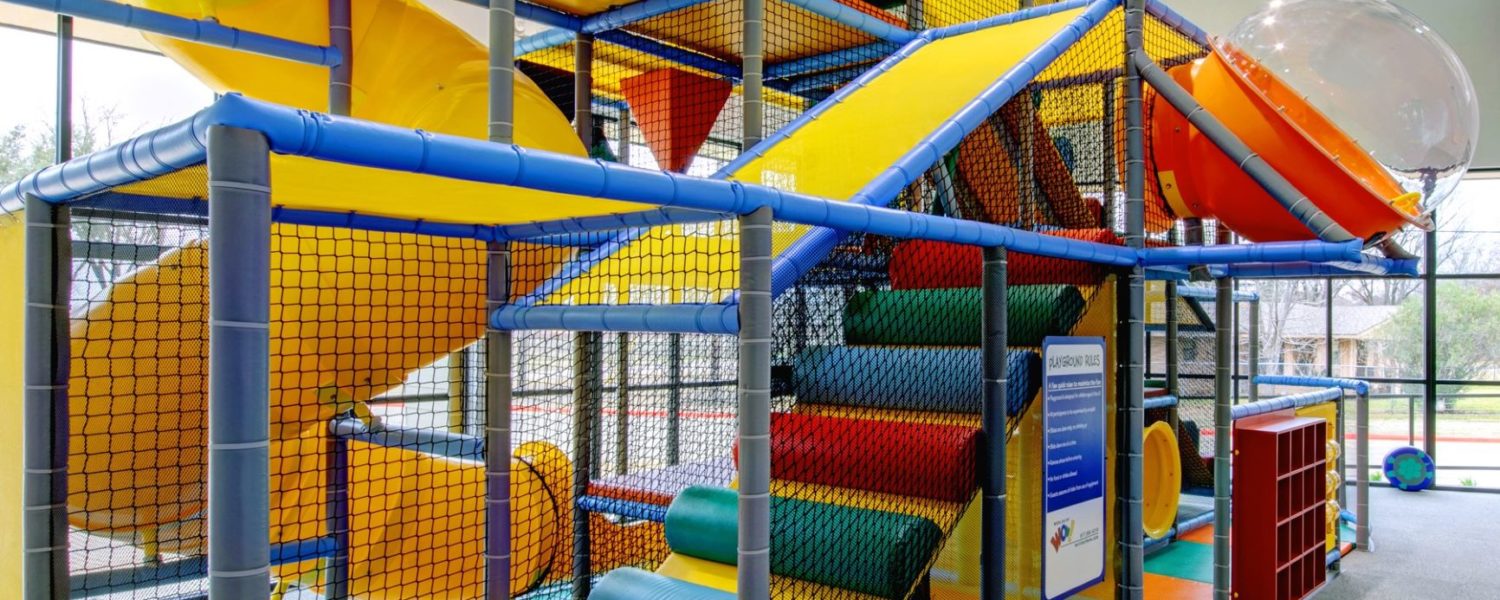
Play is an excellent way to learn
A playground isn't complete without games. To put it another way, play is a spontaneous activity that youngsters participate in for the purpose of having fun. A plethora of research on the notion of childhood play have been undertaken by experts in a range of sectors, including psychology, biology, health, and education, all demonstrating the same key fact: play is a crucial element of learning.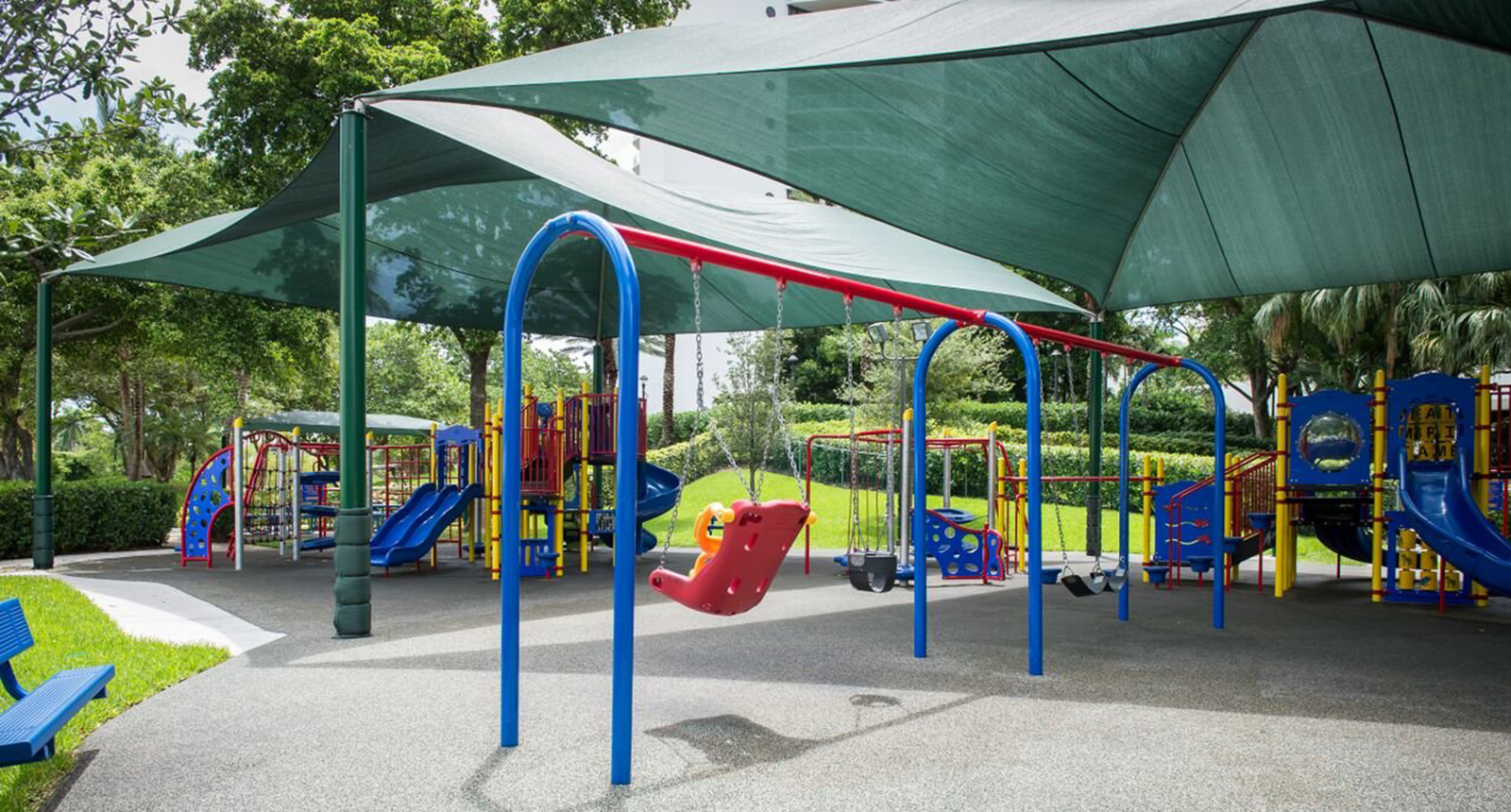
Children learn a wide range of abilities while they play outdoor:
· Coordination
· Abilities to physical move
· Power of the mind and body
· Social awareness and social interactions.
Physical Advantages
When you watch youngsters on a playground, you'll see that, although they're having a good time, they're also getting a good exercise. The Centers for Disease Control and Prevention advises that children engage in at least 60 minutes of moderate to vigorous physical exercise each day, and the playground is an excellent location to do it. Furthermore, when children develop the habit of exercising and regard it as a pleasurable experience, they are more likely to stay active as they grow older.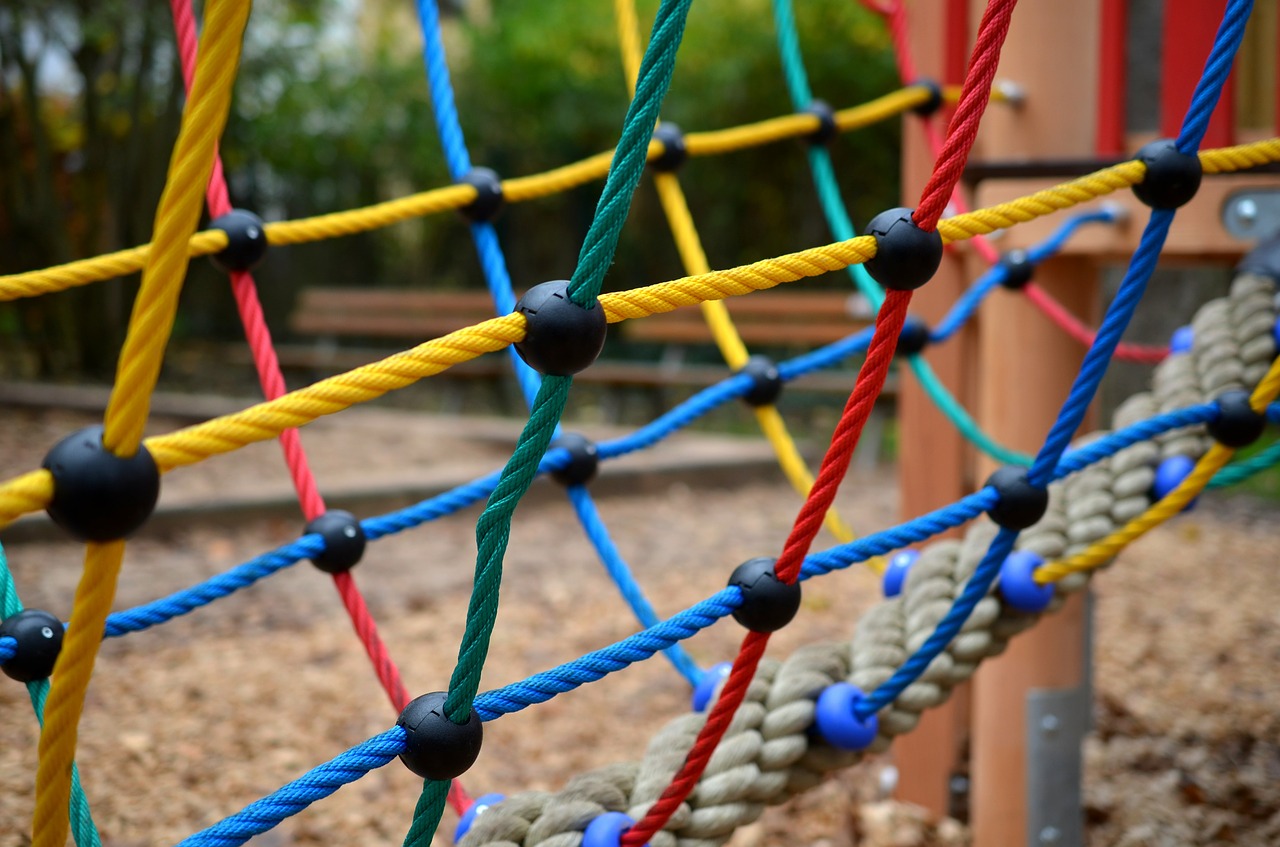
Playgrounds are an important part of a child's healthy development because they provide a location for them to obtain a full-body workout that includes activities that strengthen their arms, legs, torso, and other muscles. Each system, from the cardiovascular to the circulatory, is developed and benefitted by intense play. Playing on the playground provides a wide range of physical benefits for children: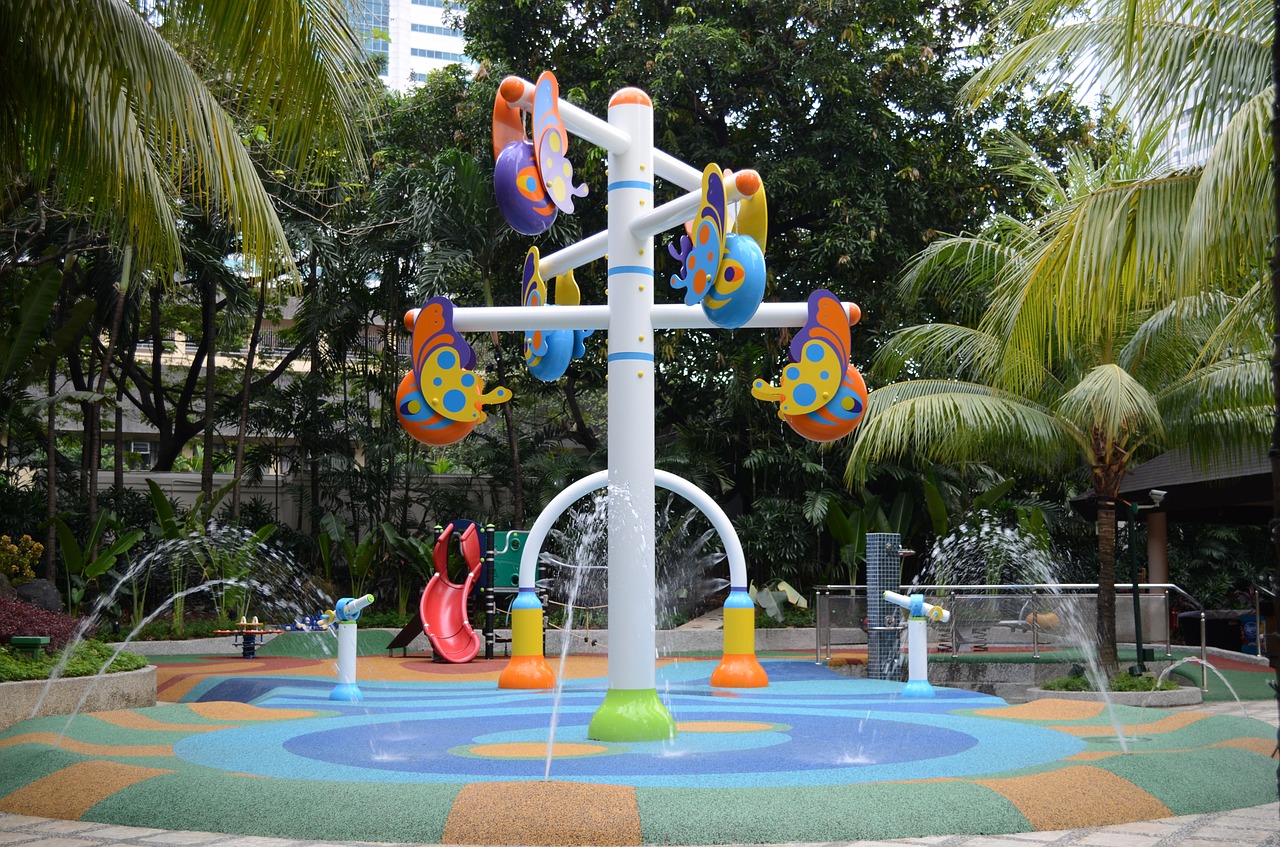
· Flexibility and balance have improved.
· Overall motor abilities, dexterity, and hand-eye coordination development
· Possibilities to improve their movement control
· Improved intuition
· Promotion of good heart and lung health
· Muscles that are stronger
When youngsters spend time on playgrounds, they acquire a variety of abilities and push themselves to their limitations by attempting to use various pieces of equipment. Kids may improve their agility, speed, strength, balance, and coordination by using slides, swings, and climbers, among other things.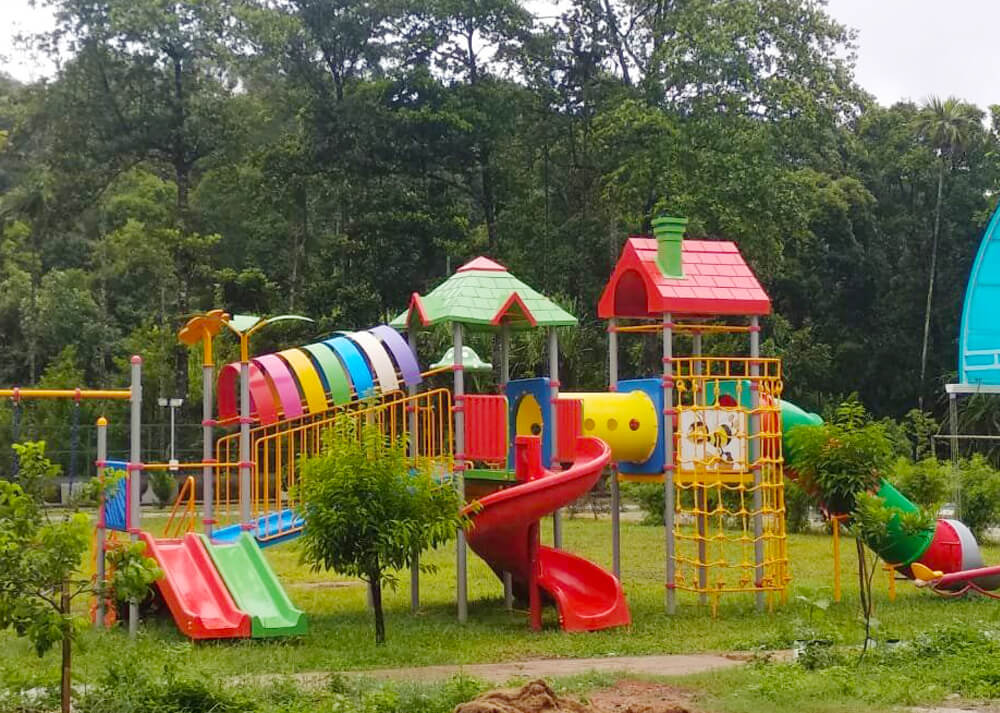
Social Advancement
Playgrounds are seldom a solo experience. Other kids are almost always there when you visit a playground. When children engage with other children on the playground, they learn vital lessons about social conventions and how to connect with people, all of which will be useful in adult relationships and in their future career. The following are examples of acquired social skills:
· Companionship
· Cooperating and agreeing on regulations
· Patience and taking turns
· Conflict resolution
· Getting Over Your Shyness
· Friendship and sharing
Emotional Impact
Play has more visible physical and social advantages. However, there are subtle emotional changes in your child's well-being that may not be as obvious but are nonetheless crucial.
Physical movement and unstructured playtime on a playground are both beneficial in helping youngsters cope with their emotions and reduce stress. Not only may play serve as a distraction from their difficulties, but outdoor activities also produce enjoyment as a natural result.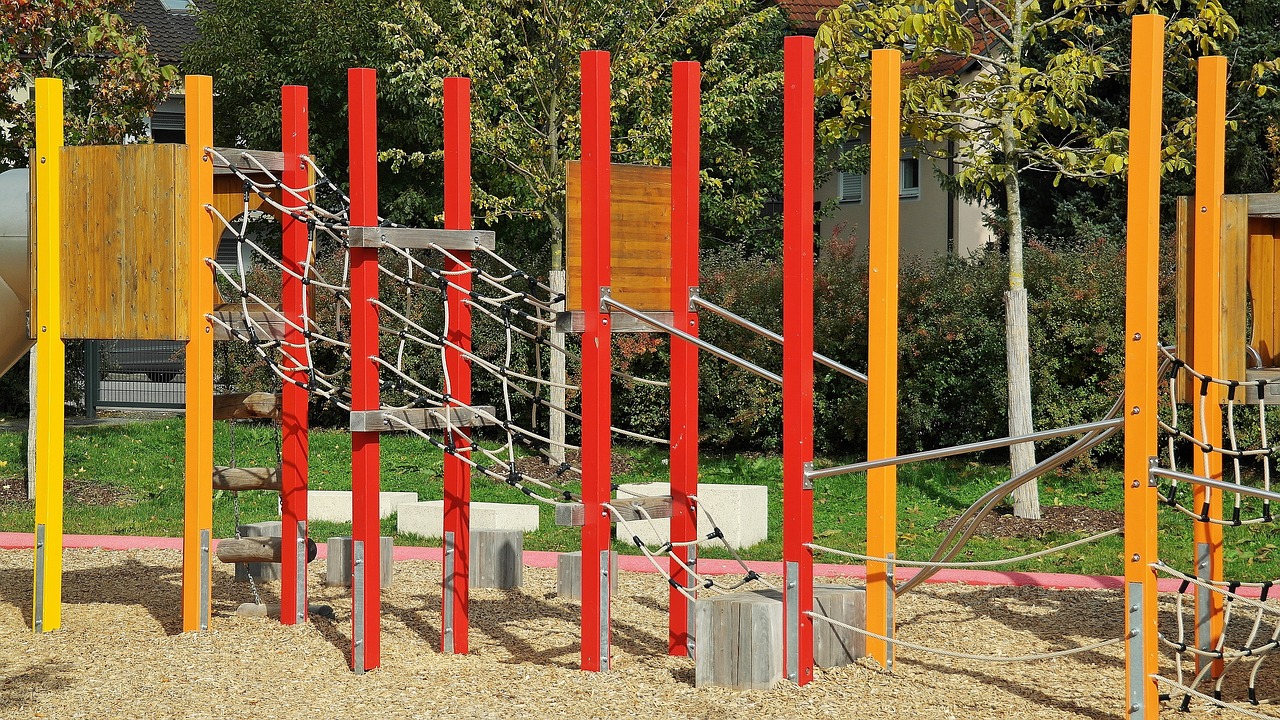
When children are given the freedom to play on a playground, they experience a variety of good emotional effects. Children gain from playground play because it:
· As kids tackle hard playground structures, they gain self-confidence and self-esteem.
· It gives them a sense of control that they don't have in many other aspects of their lives.
· Reduces misbehavior and bullying by diverting children's focus to more beneficial activities.
· Educates them on how to deal with difficulties in a healthy manner.
Promotes Imagination
On a playground, kids do more than slide, swing, and climb. Simply listening to the chats will reveal a range of different make-believe activities in progress. When children are on the playground, they are bound to engage in imaginative play.
Children learn social roles when they utilize their imagination and play make-believe. Creativity also aids a child's capacity to solve problems and grow as a person. Kids can experiment with many concepts and identities by utilizing their imagination. As kids find their likes, dislikes, and beliefs, this aids in the development of a strong sense of self. Although they will continue to establish self-identity throughout their childhood, the foundation is laid with these harmless pretend play activities on the playground.
For more, keep connected and visit www.SabzProperty.com










LEAVE A REPLY
Your email address will not be published. Required fields are marked *